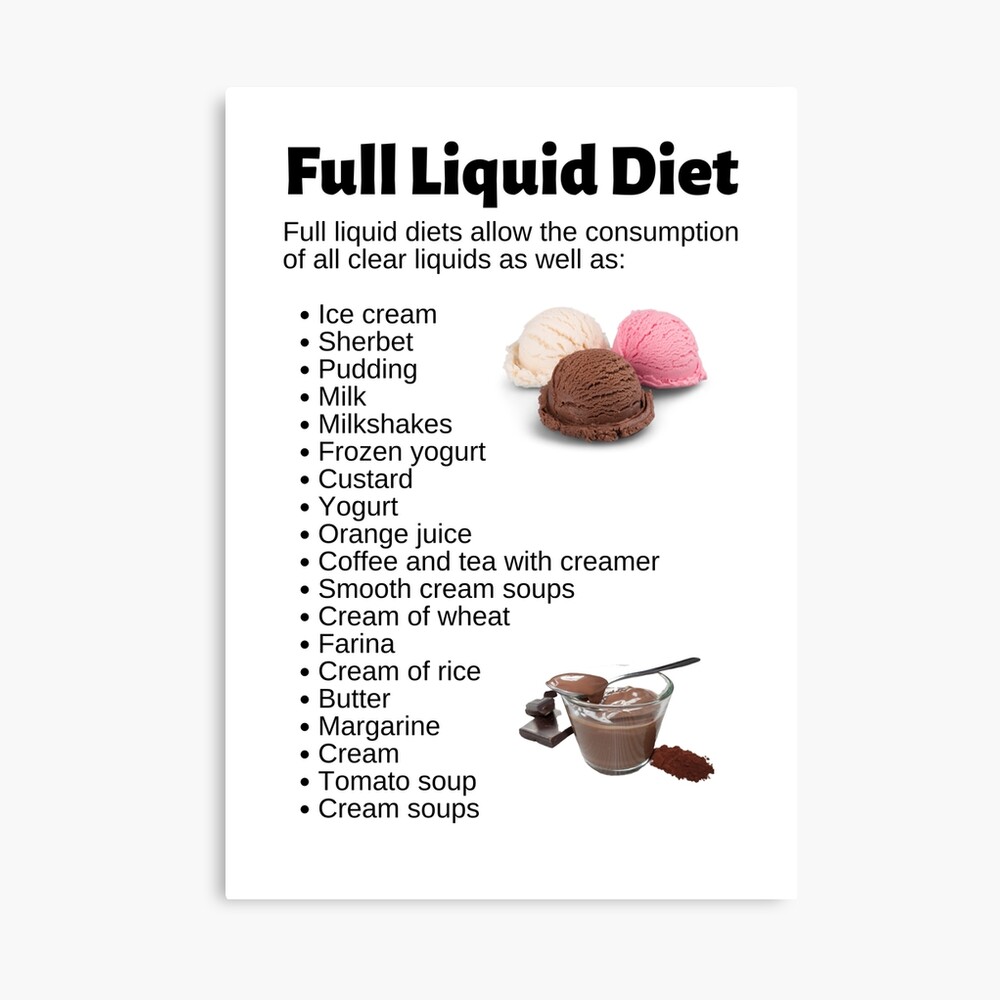
Effective Ways to Manage Your Irritable Bowel Syndrome Diet in 2025
Irritable Bowel Syndrome (IBS) is a chronic condition affecting millions of people worldwide, leading to various digestive symptoms, such as abdominal pain, bloating, and discomfort. Managing your irritable bowel syndrome diet is crucial for alleviating symptoms and improving your quality of life. In this article, we will explore effective strategies for creating an IBS meal plan, selecting IBS friendly foods, and understanding IBS triggers. By implementing these dietary guidelines, you can take control of your digestive health and foster a gut-friendly lifestyle.
We will discuss the low FODMAP diet, high fiber foods, and the role of hydration in managing IBS. Additionally, you'll learn about probiotic foods, anti-inflammatory diets, and healthy snack options that align with your dietary requirements. Lastly, we will provide tips on meal preparation for IBS, including practical recipes and meal timing suggestions. With the right information and tools, you can embark on a journey towards better gut health.
Let’s delve into essential practices for managing your IBS diet while enjoying your meals and nurturing your digestive health.
Understanding Your IBS Diet Fundamentals
Building a solid foundation for an IBS diet requires recognizing the foods that may cause discomfort. By understanding these fundamentals, you can craft a meal plan that alleviates symptoms effectively.
Identifying IBS-Triggers
- Common irritants include high-fat foods, dairy, gluten, and some vegetables.
- Maintaining a food diary can assist in tracking your triggers and help you make informed choices.
- Professional guidance from a nutritionist can also be beneficial in minimizing trigger consumption.
Identifying personal triggers is essential. Foods like chocolate, caffeine, and artificial sweeteners are known to exacerbate symptoms in many IBS patients. Avoiding high-fat meals and being mindful of portion sizes also play a crucial role. To support your journey, consider engaging a registered dietitian who specializes in IBS to receive personalized advice.
Exploring IBS-Friendly Foods
Incorporating IBS friendly foods into your diet can greatly enhance your digestive well-being. Focus on including whole, unprocessed items into your daily meals.
- Opt for soluble fibers found in oats, apples, and carrots, which can aid digestion.
- Introduce gut-friendly probiotics from sources such as yogurt or fermented foods like kimchi and sauerkraut.
- Prioritize hydration through water and herbal teas, which are beneficial for your digestive health.
Foods rich in magnesium, like leafy greens and nuts, are crucial for bowel health. Additionally, aim for a balance between fiber and fluid intake to maintain optimal digestive function.
Crafting Your Complete IBS Meal Plan
Once you’ve identified what to avoid and embraced IBS-friendly foods, it’s time to construct your IBS meal plan. A thoughtful meal plan not only supports symptom relief but also encourages nutritious choices.
Breakfast Ideas for IBS
Start your day with an IBS-friendly breakfast that is both satisfying and gentle on your stomach.
- Consider oatmeal topped with fresh berries and non-dairy milk.
- Smoothies made with spinach, banana, and low-FODMAP options like almond milk can offer a nutritious burst.
- Eggs, scrambled or poached, paired with gluten-free toast is another great option.
These breakfast ideas focus on maintaining energy while being easy to digest. Utilizing ingredients that are safe for your system sets a positive tone for your day.
Lunch and Dinner Ideas for IBS
Your lunch and dinner meals should continue the trend of being nourishing and IBS-friendly.
- Grilled chicken or fish with steamed vegetables and quinoa makes for a well-rounded meal.
- Adopt Mediterranean principles by including olive oil, herbs, and spices rather than heavy sauces.
- Soups with broth, vegetables, and protein sources are excellent for digestibility.
Focusing on meals rich in soluble fiber and lean proteins can help maintain digestive balance. Consider batch cooking on weekends to simplify meal prep for the week ahead.
Hydration and Supplementation for IBS Management
Proper hydration is a key aspect of managing IBS effectively. Dehydration can worsen IBS symptoms, making it imperative to drink sufficient fluids.
The Importance of Hydration for IBS
Water plays a pivotal role in digestion and nutrient absorption. Herbal teas can also be soothing and beneficial. Integrating natural isotonic drinks can replenish electrolytes lost during flare-ups, supporting overall digestive health.
Supplementing with Fiber and Probiotics
For some IBS patients, supplementing with dietary fiber can improve bowel regularity. Soluble fiber supplements such as psyllium husk can offer significant relief. Additionally, integrating probiotics into your regimen helps restore gut microbiota balance.
- Consider products that feature strains like Lactobacillus and Bifidobacterium.
- Consulting a healthcare professional before starting any new supplement is crucial to ensure safety and efficacy.
Embracing Mindful Eating Practices
Practicing mindfulness during meals can significantly impact your IBS symptoms. This approach focuses on your eating habits and promotes better digestion.
Strategies for Mindful Eating
By recognizing your body's hunger and fullness cues, you can enhance your overall experience and reduce discomfort.
- Take time to chew food thoroughly, which aids digestion.
- Set aside distractions during meals, allowing for greater focus on your food.
- Engage in a pre-meal relaxation technique to decrease stress levels associated with eating.
These strategies foster a positive relationship with food while accommodating your unique digestive needs.
Conclusion and Additional Resources for IBS Management
Successfully managing your irritable bowel syndrome diet involves understanding the nuances of your digestive health, identifying triggers, and crafting a well-balanced meal plan. Utilizing hydration, supplementation, and mindful eating practices can profoundly enhance your IBS journey.
For more practical tips, recipes, and meal planning guidance, consider exploring this resource which offers an extensive selection of IBS-specific recipes and advice.


Taking charge of your diet can lead to significant improvements in managing your IBS, ultimately helping you feel more in control and comfortable in your daily life.
Its part of generated content. Can i generate another part?